AI cannot be a patent ‘inventor,’ the UK Supreme Court rules in a landmark case. In a historic British case concerning the ownership of patent rights by artificial intelligence, an American computer scientist was unsuccessful in his attempt to file patents for discoveries produced by his AI system on Wednesday.
For inventions he claims were the result of his “creativity machine,” DABUS, Stephen Thaler requested two patents in the UK.
The British Intellectual Property Office rejected his application to register the patents, citing the need for the creator to be a firm or a human, not a machine. Thaler filed an appeal with the UK Supreme Court, which was unanimously dismissed on Wednesday.
In announcing the court’s decision, Judge David Kitchin stated that “an inventor must be a natural person” following UK patent rules.
Earlier this year, Thaler attempted a similar endeavor in the US but was unsuccessful when the US Supreme Court turned down his appeal against the USPTO’s denial of patents for discoveries produced by his AI system.
The UK Supreme Court’s historic ruling on AI patent inventorship precedes human participation in creative processes. The ruling establishes a foundation for a reasonable and flexible approach to innovation in the constantly changing technological world while acknowledging the enormous potential of artificial intelligence, the value of human creativity, and legal clarity in patent law.



















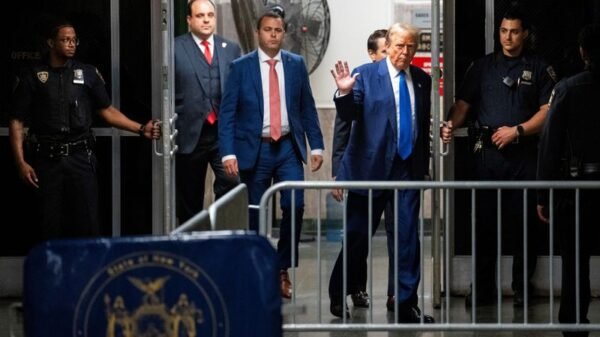





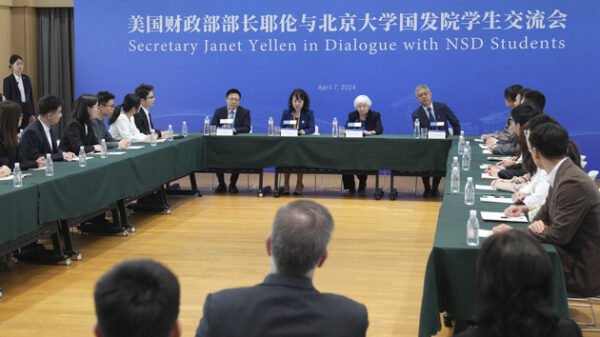


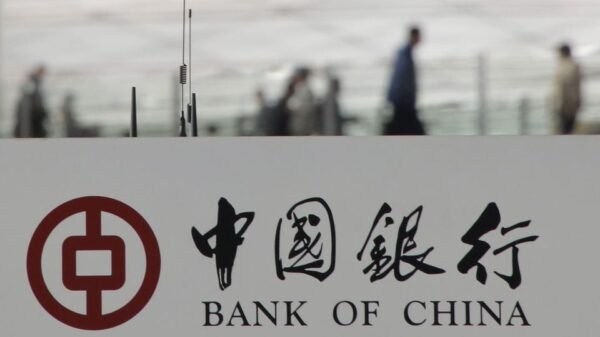

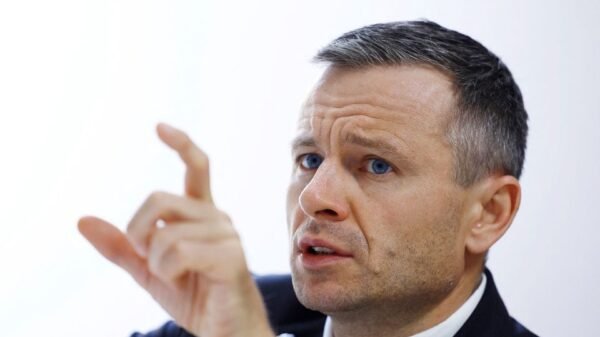
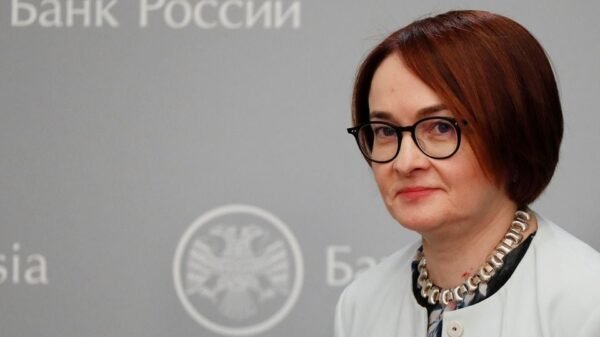















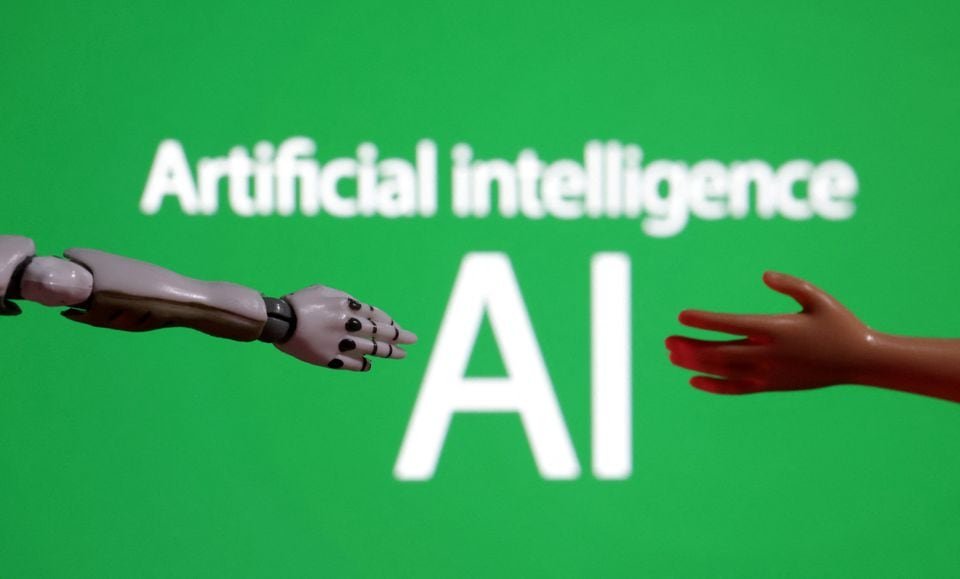
















Comment Template